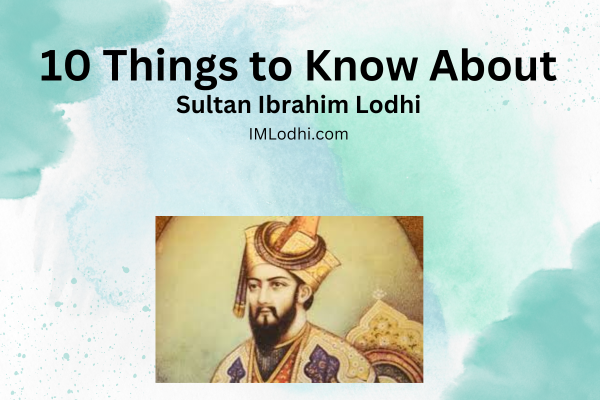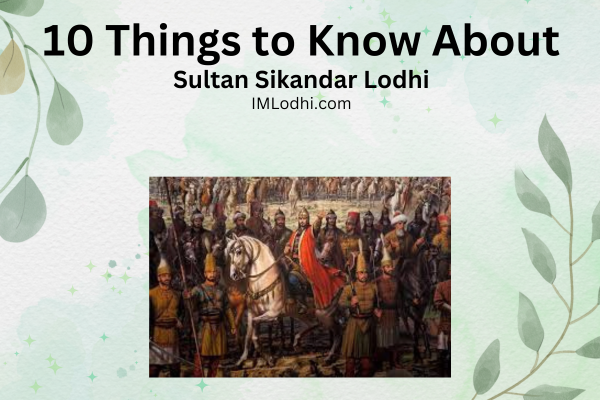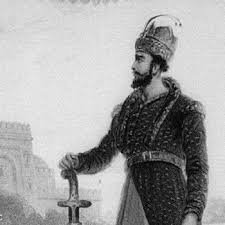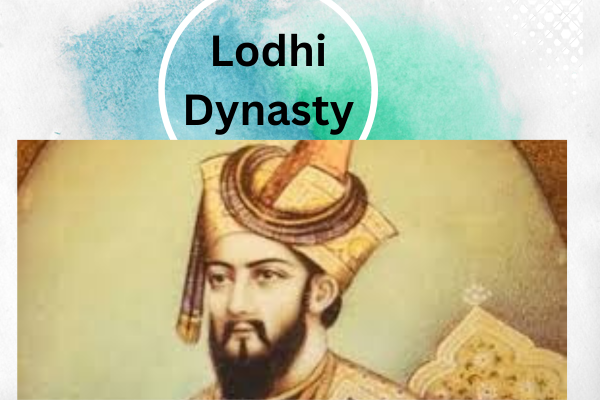10 Things to know about Lodhi
10 Things must to know about Lodhi Family

The Lodhi caste, predominantly found in India and Pakistan, has historical significance and cultural distinctiveness. Here are ten prominent things to understand about the Lodhi caste:
1. Historical Origins
- The Lodhi caste is believed to have originated from the Rajput and Pashtun (Pathan) communities, with some linking them to the Lodha Rajputs. They are primarily found in Northern India, including Uttar Pradesh and Madhya Pradesh, and parts of Pakistan.
2. Agricultural Background
- Traditionally, the Lodhi community has been closely associated with agriculture. They are considered a landowning caste and have played a significant role in farming and land management, particularly in North India.
3. Political Influence
- The Lodhi caste has produced several prominent political leaders, particularly in Uttar Pradesh and Madhya Pradesh. Their political influence has been noteworthy in regional politics, often aligning with various parties.
4. Regional Distribution
- The Lodhi community is mainly concentrated in Uttar Pradesh, Madhya Pradesh, Bihar, Maharashtra, and Haryana. In Pakistan, they are present in regions such as Punjab and Khyber Pakhtunkhwa.
5. Subdivisions
- The Lodhi community has several sub-groups, such as Lodhi Rajputs, Lodha, and Lodhi Pathans, which reflect the diversity within the caste. These subdivisions vary by region and cultural practices.
6. Social Status
- In many regions, the Lodhi community enjoys a relatively high social standing, particularly due to their land ownership and influence in agriculture. In some areas, they are considered part of the “Backward Classes,” while in others, they hold more prominent positions.
7. Cultural Practices
- The Lodhi caste maintains rich cultural traditions that include festivals, rituals, and practices tied to agrarian lifestyles. They celebrate major Hindu festivals like Diwali and Holi, with some communities practicing syncretic traditions influenced by their regional context.
8. Religious Affiliation
- The Lodhi caste is predominantly Hindu, though there are also Lodhi Muslims, particularly in regions like Pakistan. The community tends to blend its caste-based identity with religious practices.
9. Marriage and Kinship Patterns
- Endogamy (marriage within the caste) is traditionally followed in the Lodhi community, with strict customs regarding family honor and alliances. However, inter-caste marriages have become more common in recent years, particularly in urban areas.
10. Economic Shifts
- While traditionally focused on agriculture, many Lodhi community members have diversified into business, politics, education, and other professions. Their socioeconomic status has been shifting, especially with urbanization and modern economic developments.
These key aspects help to provide a broad understanding of the Lodhi caste’s history, cultural practices, and social positioning.





